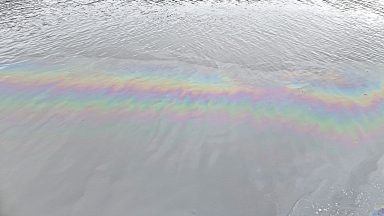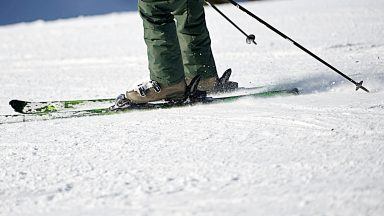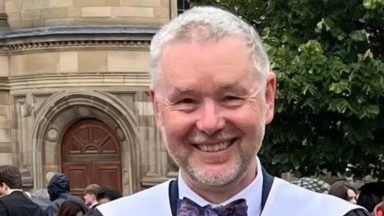Everyone who was in contact with Scotland’s first coronavirus case has now been traced, the health secretary has said.
Jeane Freeman said the patient, from the Tayside area, remains “clinically well” but is being treated in a Scottish hospital as a precaution.
She said the patient has a travel history but declined to give any further information about the case to protect confidentiality.
Updating MSPs on Tuesday, the health secretary went into further detail about worst-case planning carried out as part of an action plan drawn up by the four UK home nations.
She stressed that the modelling, which suggests as a reasonable worst-case scenario that 80% of the British population could catch the virus, is not a prediction and could be updated as the outbreak develops.
Freeman added that most people who contract the virus will only experience “mild symptoms” likely to last from seven to ten days.
Only 4% of those infected are expected to need to be hospitalised, with an estimated 1% fatality rate – potentially around 40,000 Scots.
The health secretary said: “On Sunday we had the first positive case of novel coronavirus, Covid-19, confirmed in Scotland.
“The patient is from the Tayside area and had a travel history.
“While the patient is clinically well, they are being cared for in a hospital in Scotland as a precautionary measure.”
Freeman added: “Following confirmation, contact tracing has now been completed by the local health protection team.”
She told MSPs the contingency planning “does not represent a prediction or a forecast”, adding: “It is sensible modelling based on available data that allows us to plan for the worst-case position.”
The health secretary continued: “This modelling will be continually updated as we learn more about the virus and its behaviour from the data coming from other countries including Europe and our UK cases…
“The vast majority of those who are infected by the virus will have mild symptoms, will not require hospital treatment and will be able to return to their normal lives in a week to ten days.
“But some will experience more severe symptoms and some will become very unwell.
“From our understanding at this point, those of us that are older or have underlying health conditions will be at a greater risk of being more unwell than others.”
Freeman outlined four strands to the Scottish Government’s approach to tackling coronavirus:
- Containing it by detecting early cases and tracking down their contacts;
- Delaying its spread;
- Researching treatments and vaccines;
- Mitigating its impact on patients and on wider society
She confirmed officials are currently looking at what additional NHS capacity may be needed to deal with the outbreak.
And Freeman told MSPs the government will get additional powers to take “extraordinary” action in emergency Westminster legislation expected to be passed this month.
The measures would include making vaccinations compulsory for healthcare workers and waiving some regulations to make it easier for former NHS Scotland staff to return to their old jobs to ease pressure on the health service.
The health secretary also said banning large gatherings of people and restricting public events could become necessary but are not measures that are needed yet.
But she added: “This is a new virus for which we currently have no immunity and for which there is currently no vaccine.
“That means that Covid-19 has the potential to spread extensively.”
Follow STV News on WhatsApp
Scan the QR code on your mobile device for all the latest news from around the country




























